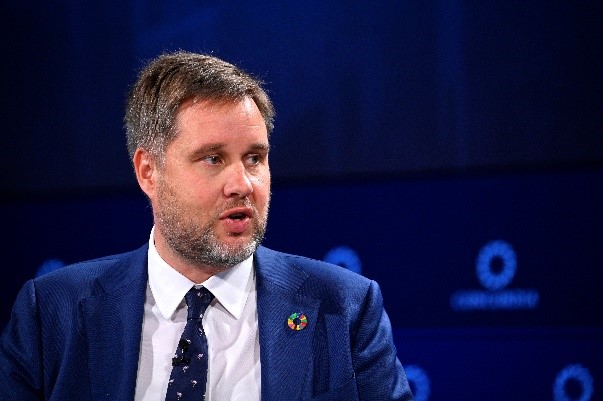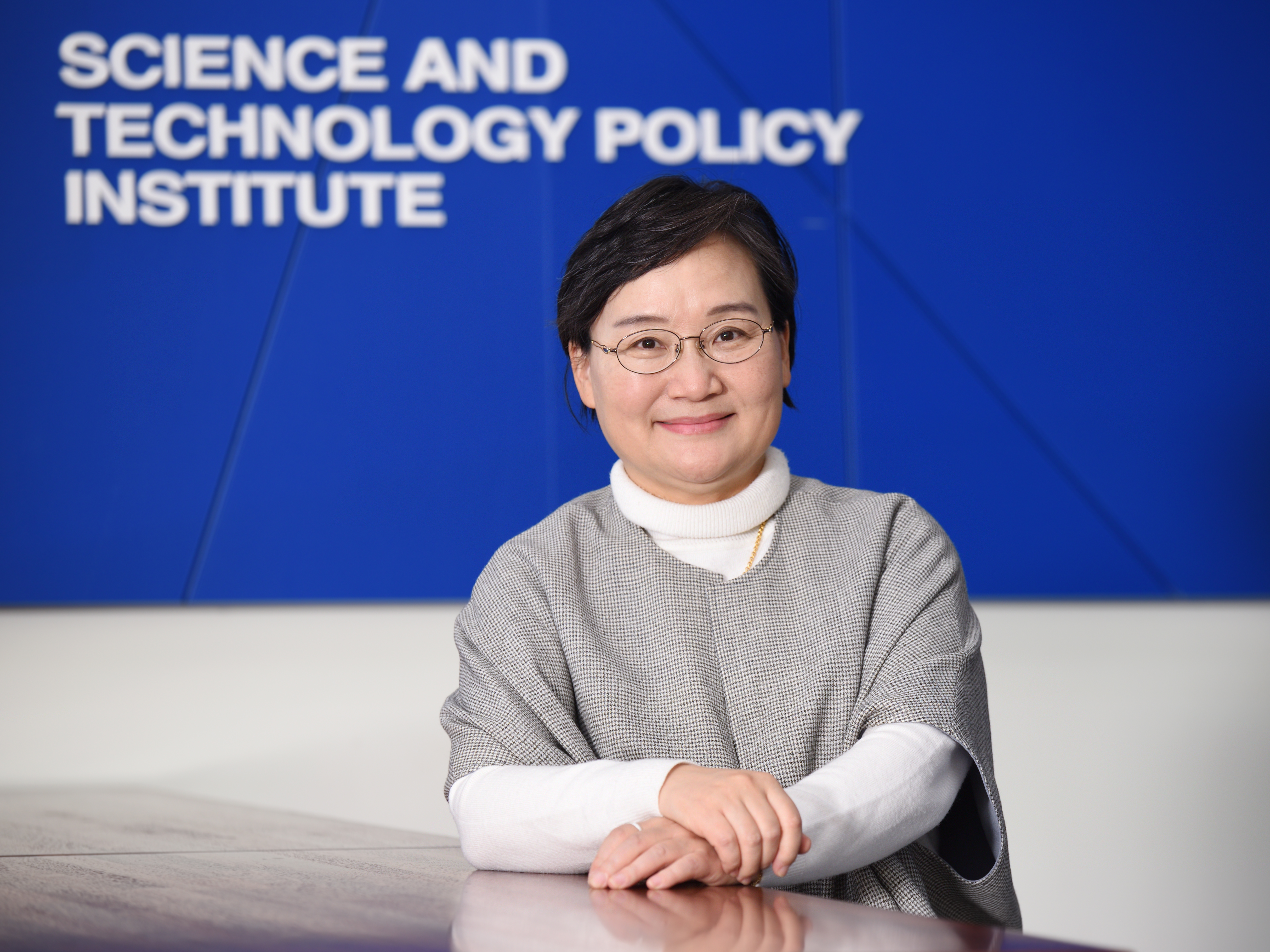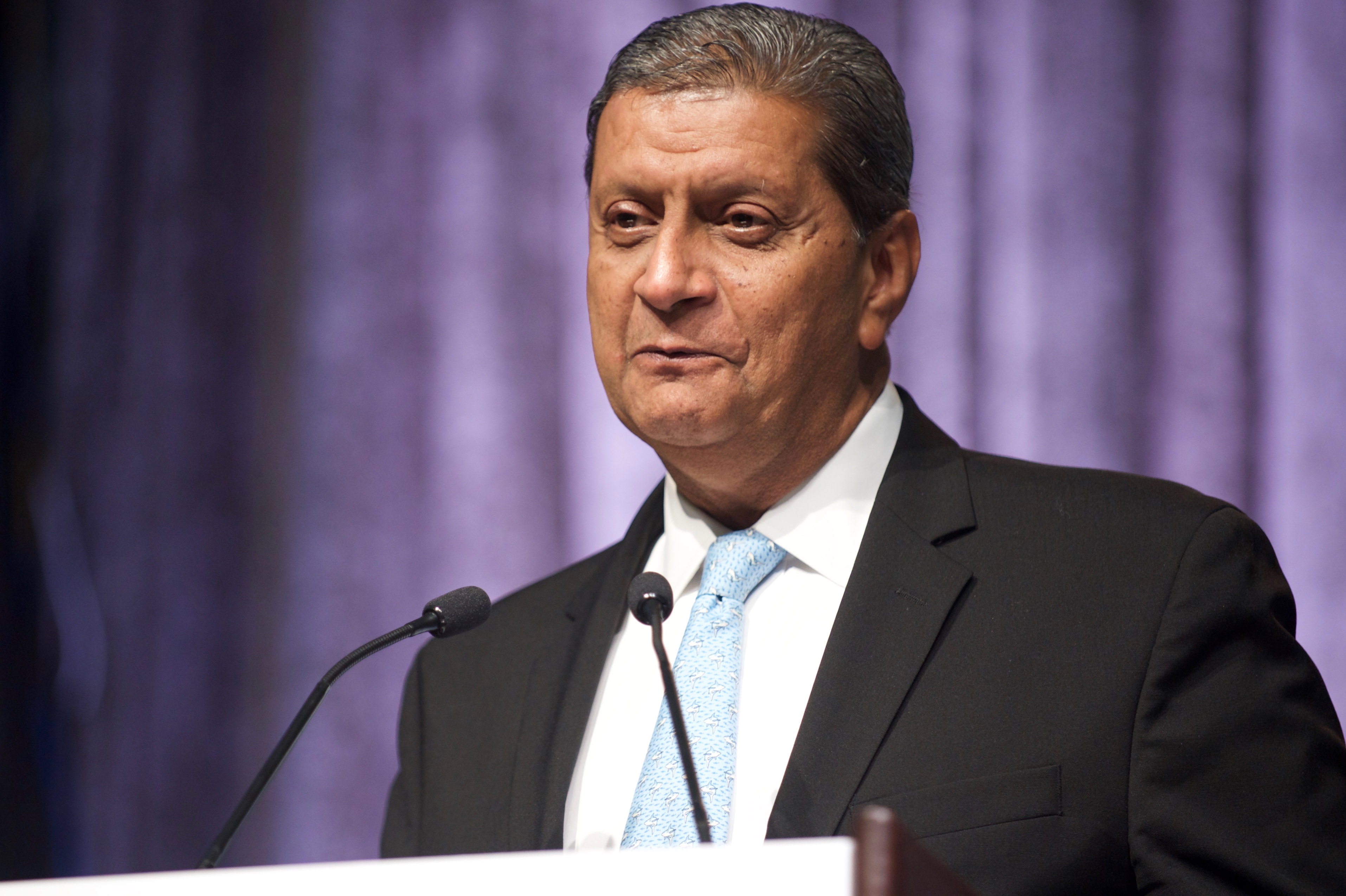Background
This session will explore a way forward for forging an equitable, digital future for all. Rapid digitalization is enhancing the way we live and work in a myriad of ways. It has the potential to open-up opportunities that we may not even have imagined yet. However, gaps in connectivity and access to digital infrastructure within and across countries remain a serious concern. In fact, even as digital gaps in terms of basic infrastructure and skills are being closed, the concern is that rapid emergence of higher-level digital tech infrastructures - such as artificial intelligence (AI) - that build on the basic infrastructures, might further exacerbating inequalities within and between countries, since the benefits of digital transformation are increasingly accruing in a highly unequal way to few, leaving billions behind. Against this background, this session will identify obstacles and assess high-impact actions for ensuring an equitable digital future for all. It will assess what is needed for new digital technologies to help rather than hinder our pathway towards achieving the SDGs. AI in particular promises new opportunities in all kinds of areas, from personalized medicine, to tackling illicit financial transactions, to making energy systems and traffic smart, but it is also associated with cyberattacks, job displacements, and ethical dilemmas. The session will provide a pathway towards ensuring that digitalization and its most advanced technologies can become a force for good and explores the role of the UN and other international organizations in this regard.
Announcements
Session 6 Concept Note is updated and can be accessed here









